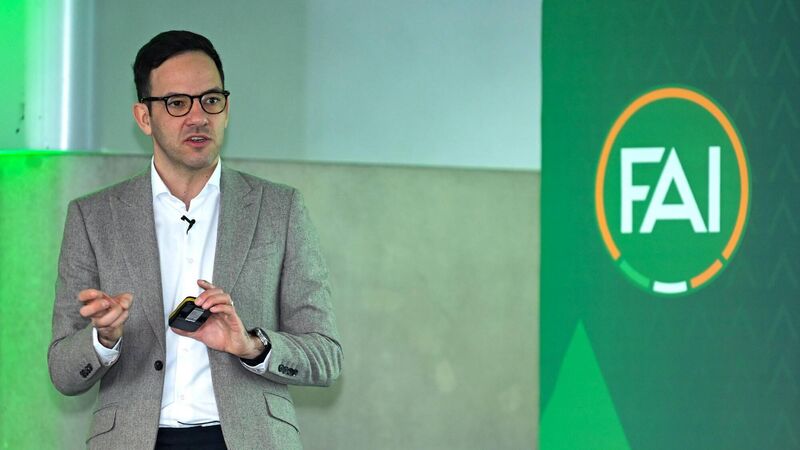FAI to launch centralised coaching scheme to rectify disparity

CENTRALISED COACHING SCHEME: The FAI will next month begin a centralised in-house national development training programme by assembling 250 of the best 14-17-years-old boys and girls at Abbotstown. Pic: Stephen McCarthy/Sportsfile
The FAI will next month begin a centralised in-house national development training programme by assembling 250 of the best 14-17-years-old boys and girls at Abbotstown.
Association coaching staff will spend 45 days per year of tuition with the players during school holidays – October and February mid-terms, Christmas, Easter and an extended six-week summer block.











